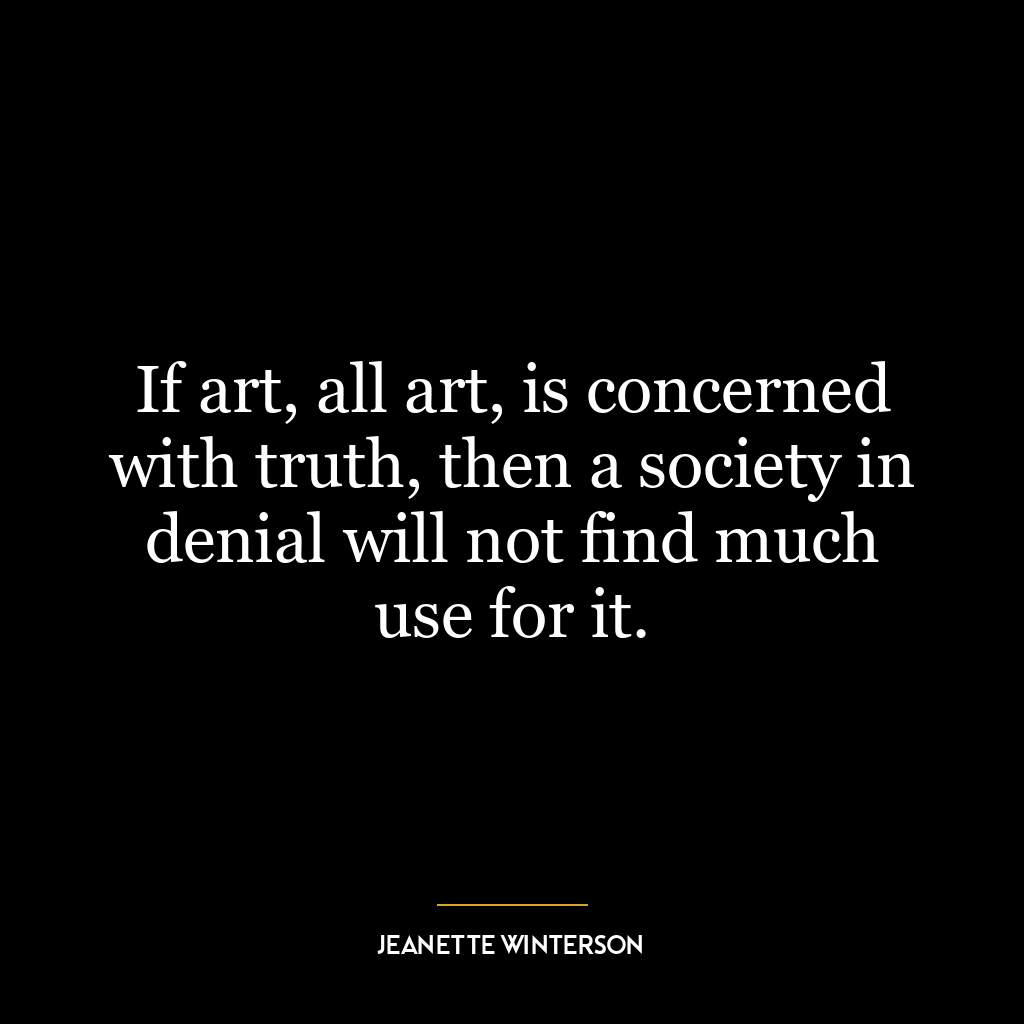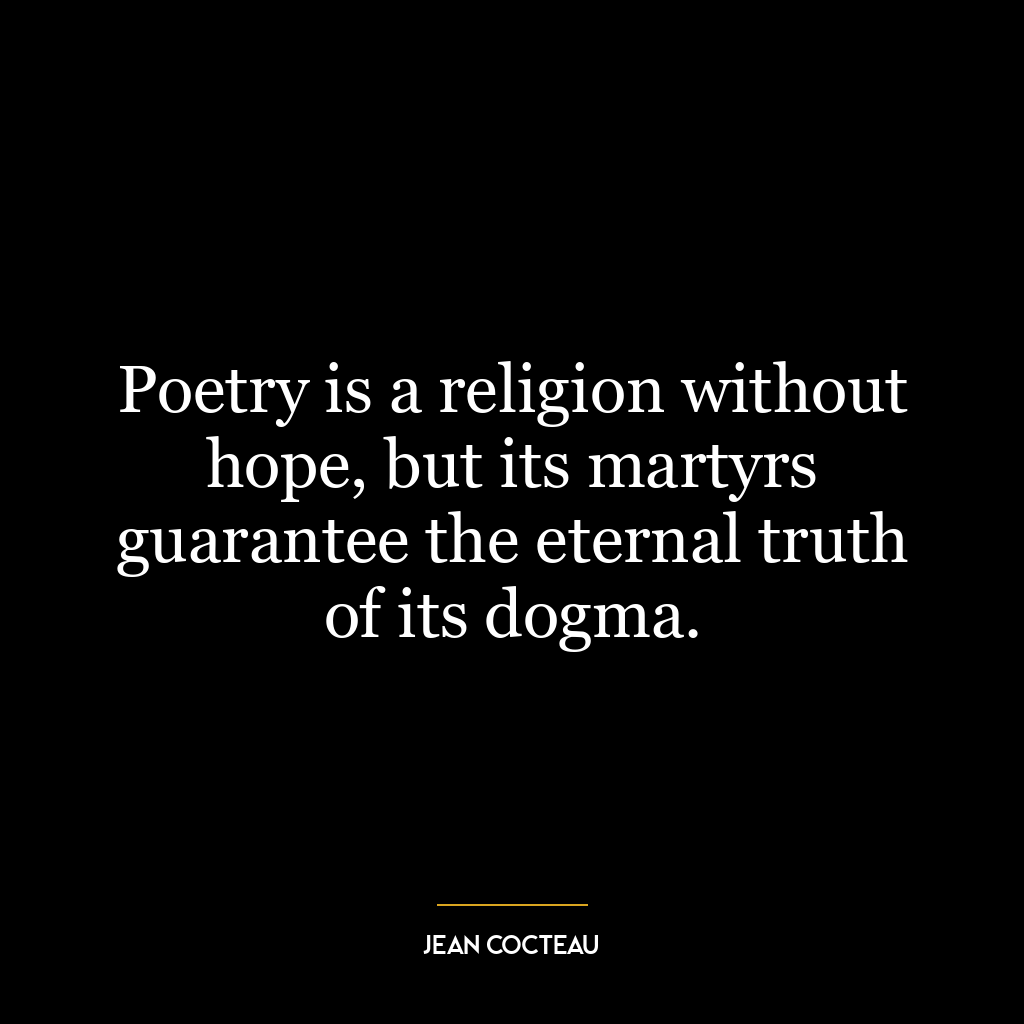There are, in truth, but two denominations upon this earth: the Church and the world.
This quote implies that there are only two categories or groups of people in the world: those who belong to the Church, and those who belong to the world. Here, “the Church” does not necessarily refer to a specific religion or denomination but rather represents all individuals who live according to spiritual principles, values and beliefs. On the other hand, “the world” refers to individuals driven by materialistic pursuits and worldly desires.
The dichotomy between these two ‘denominations’ can be seen as a contrast between spiritualism and materialism. The ‘Church’ represents spirituality – a life guided by faith, morality, selflessness, love for others etc., whereas ‘the world’ signifies materialism – a life ruled by physical comfort, wealth accumulation, self-interest etc.
Applying this concept in today’s context or personal development could mean evaluating our own lives based on where we stand in this spectrum. Are we living purely for worldly gains? Or are our actions guided by deeper spiritual principles? This doesn’t mean one has to renounce all worldly possessions or pursuits but rather suggests finding a balance where materialistic goals don’t overshadow moral and spiritual values.
In terms of personal development, it could imply striving towards becoming more spiritually aware individuals while still participating in the world. It might involve cultivating qualities like empathy, kindness and generosity alongside pursuing personal ambitions. It also encourages introspection about what truly matters in life beyond superficial success – inner peace or societal approval? Spiritual growth or financial prosperity?
In essence, this quote is an invitation for us all – regardless of our religious affiliation (or lack thereof) – to reflect on our priorities and consider whether we’re living according to higher principles that contribute positively towards ourselves as well as society at large.








